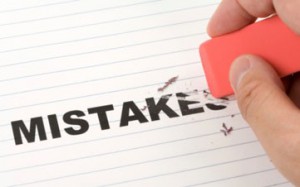Has it been 10 or 20 years since you last updated your will or know that you created a trust at some point that was revocable but aren’t exactly clear on its terms? The emergence of bitcoin and cryptocurrency as well as plenty of digital assets that might be a part of your current estate means that you need to take a look at these older documents and discuss your options with an estate planning lawyer. 
An estate planning lawyer can help you to craft a customized plan. Right now, Congress is holding hearings on the digitization of the dollar, which means that as a financial tool, cryptocurrency is front and center in becoming more and more important. To avoid making your heirs question whether or not you owned any cryptocurrency or worse, digging through the trash or looking at every computer you own to try to find this information, make sure that you preserve the benefits of cryptocurrency and have an established plan in place to ensure that your intended heirs are able to receive it.
Cryptocurrency is much like cash and that it is not traceable. There is no paper trail or electronic trail connecting it together to make it easy for your estate administrator to find out you were involved in a transaction involving cryptocurrency. In order to maintain that privacy as part of your estate plan, you’ll need to ensure that other transaction documentations do not reveal identities. With the right seed phrase or private key any person can access the cryptocurrency so make sure that you log this information but maintain it as carefully as possible.






